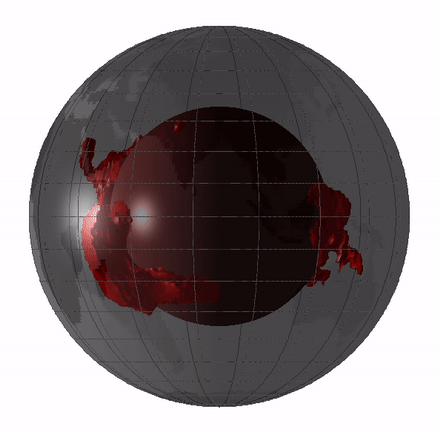Seems like this conversation is rocking the foundation of your beliefs.
In 2037 we will know more about gravity
ESA Science & Technology - LISA
The Laser Interferometer Space Antenna (LISA) will be the first space-based gravitational wave observatory. Selected to be ESA's third large-class mission, it will address the science theme of the Gravitational Universe. LISA will consist of three spacecraft separated by 2.5 million km in a...
